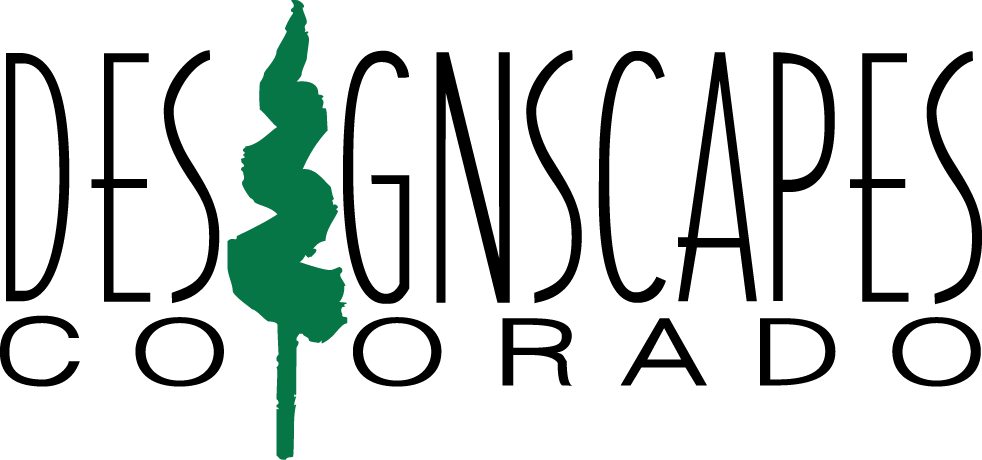Insects: Beneficial vs Harmful
Spring and summer is right around the corner and your landscape is desiring attention. Make sure and keep it healthy by following a few tips that may surprise you. Beneficial and harmful insects are already making their place in your landscaping and this is what you need to know about controlling what is needed and eliminating what is not.
Attracting beneficial insects will be key when trying to optimize a nurturing environment for pollination. Beneficial insects have carnivorous tendencies in which they eat or destroy other insects that will attack your plantings. These predators/parasites are ideal for pest control.
A natural organic garden generally has a team of beneficial insects such as lady bugs, syrphid flies and green lacewings just to name a few.
The ideal method of attracting beneficial insects would be to create favorable conditions by contributing plants that will make them thrive. Some type of recommended planting families are:
- Daisy Family
- Mustard Family
- Buckwheat Family
- Figwort Family
- Rose Family
The next time you are making a design decision for your landscape keep in mind that providing some of the plant families listed above can create a bio-diverse environment which is a key aspect for optimizing plant life and pest control.
In the opposite realm of your landscape you will have “harmful insects”. These insects have an adverse effect that can cause severe damage and leave your landscape in a less desirable condition.
These insects injury plant life by chewing leaves, stems/roots, extracting juices, laying eggs and transmitting diseases.

Spider Mite
Tetranychidae
Spider Mites damage causes leaves to discolor and lose vitality.

Aphid Aphidoidea
Aphids in large populations causes pierce tender leaves and stems to curl up and die.

White Grub
Phyllophaga
White Grub population eat enough of the roots to destroy the plant.
Black Cutworms damage includes eating foliage and can cut plant nutrient supply from the soil line.

Black Cutworm
Agrotis Ipsilon
If you would like an evaluation on how to properly exterminate harmful insects while still creating a nurturing plant life environment for beneficial insects please contact the Designscapes Colorado team at info@designscapes.org.
Your Landscape will Thank You!



